S4C set to lose UK government funding by 2022
- Published
- comments

S4C is being urged to serve Welsh-speaking audiences "more effectively"
All public money for S4C will come from the TV licence fee within four years, the UK government has said.
It currently provides about 8% of the channel's £84m budget - £6.672m - with 90% coming from the licence fee and 2% from S4C's own commercial income.
The UK contribution is guaranteed until 2020, but from 2022 S4C funding will be decided in the licence fee settlement.
S4C chairman Huw Jones said he welcomed "the government's wish to secure S4C's funding stability for the long term".
UK ministers accepted all the recommendations made in an independent review of the Welsh-language broadcaster, led by its former director of programmes, Euryn Ogwen Williams.
Welsh Secretary Alun Cairns said the new funding system would give S4C stability and certainty with 10-year settlements.
He said: "There was a plan that there would be budget cuts up until 2020. We've reversed that decision but we've also accepted the recommendation that S4C will be treated in the same way as the BBC is treated."
Asked if the end of UK government funding meant there would be less money for the BBC, he said: "This is licence fee payers' money - it's not the BBC's money.
"I think this is a recognition that we need to come to a mechanism by which S4C receives a sum of money, but the same certainty the BBC has got as well.
"So therefore this is protecting the long-term plans of S4C but also giving the BBC reassurance of what their obligations are likely to be."
Alun Cairns said S4C would have certainty and stability of funding
A BBC spokesman said the corporation opposed the change in funding arrangements.
"The BBC continues to support the view set out by S4C last year - in its strategic review, Pushing the Boundaries , external- that the channel and its audiences are best served by a funding model based on a plurality of funding sources," he said.
"We have always believed this plurality is an important principle that should be safeguarded, not cast aside.
"Moreover, we believe that all decisions about the future allocation of licence fee funds should be made as part of the next overall licence fee settlement, and follow open consultation with all licence fee payers, including, of course, S4C viewers."
The review also recommended that S4C's public service remit should be updated to include digital and online services and remove current geographical broadcasting restrictions.
It also suggested S4C establish "a language partnership" with the Welsh Government and others to help increase the number of Welsh speakers.
Another recommendation will see the S4C Authority replaced by a new unitary board made up of executive and non-executive directors.
Mr Jones added: "We are grateful to Euryn Ogwen Williams for his work on this review. Many of his recommendations run in parallel with internal work streams already in place.
"They all deserve our careful consideration. We will be looking at the detail of the review and of the government's response over the coming weeks before responding more fully."
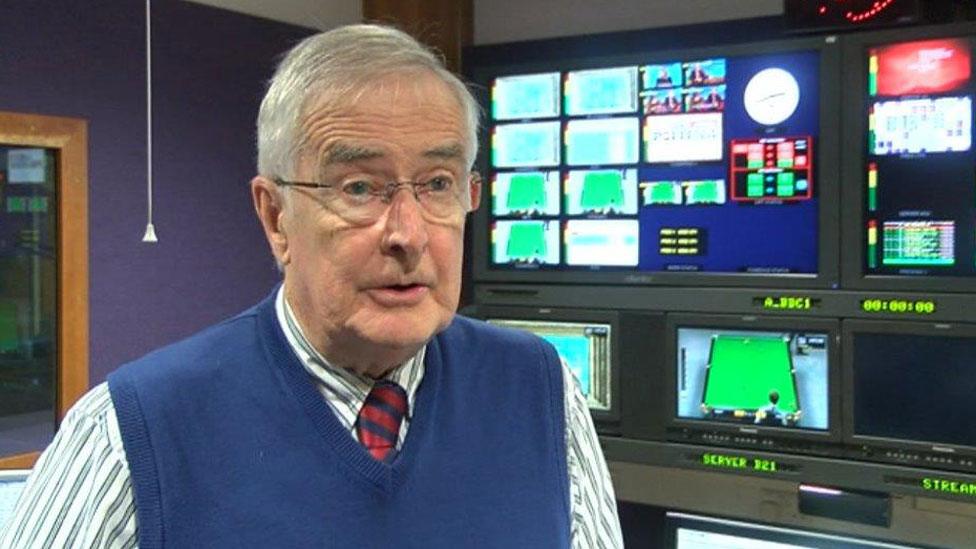
Euryn Ogwen Williams said he wanted S4C to "thrive in this new and fast-developing media landscape"
However, Mr Williams rejected calls for responsibility for S4C to be devolved to the Welsh Government, calling it "a distraction from the crucial strategic priorities S4C should be focusing on".
He added: "Being the only Welsh language broadcaster, S4C's role is one of great importance to Welsh-speaking audiences in and outside of Wales and I wanted to make sure it can continue to thrive in this new and fast-developing media landscape."
Plaid Cymru's culture spokesman Ben Lake MP was critical, saying the end of direct public funding "raises serious concerns about its editorial independence and public accountability, which must be maintained at all costs".
He also said it was "unacceptable" S4C should be given extra responsibilities for digital services "without the corresponding funding to reflect additional costs".
The BBC welcomed the review's endorsement of its existing partnership with S4C.
A spokesman said: "Alongside the BBC's supply of programmes such as Pobol y Cwm and Newyddion, the commitment to partnership has seen the introduction of S4C to BBC iPlayer, major international drama co-productions, a joint approach to sports rights funding and significant technical and operational collaboration."
The UK government has asked S4C to provide a "detailed implementation plan" by July, setting out how it will deliver the reforms. Some will require changes in the law at Westminster.
- Published1 November 2017

- Published28 September 2017

- Published19 July 2017
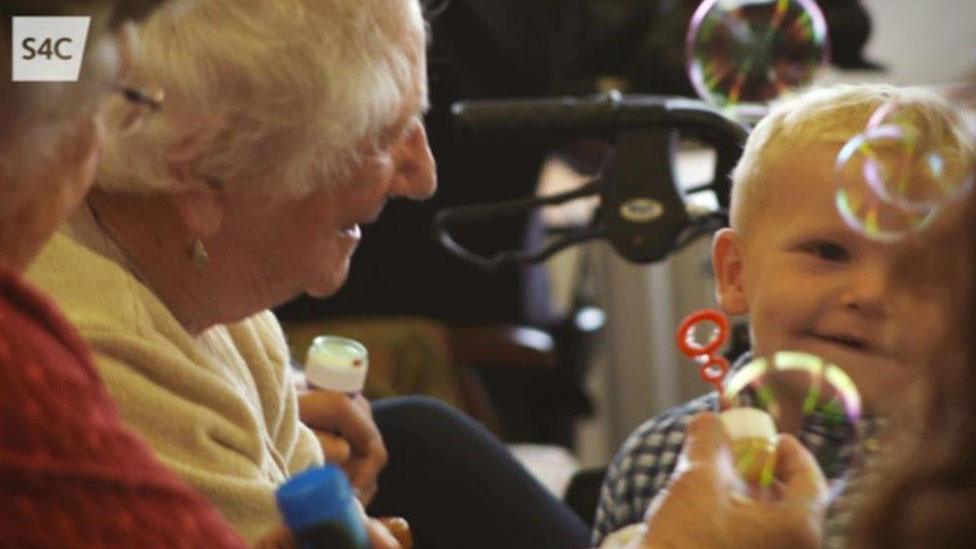
- Published3 August 2017
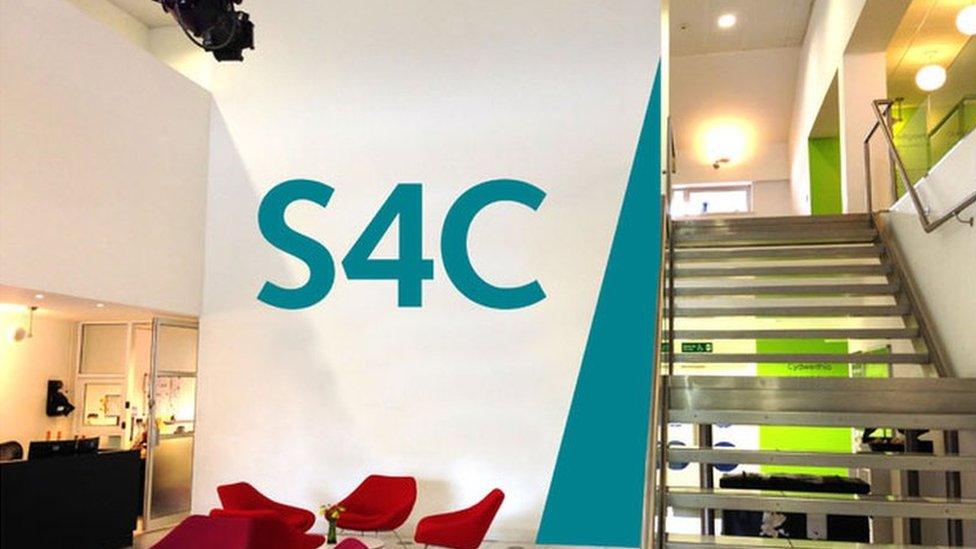
- Published18 July 2017

- Published7 April 2017

- Published5 April 2017
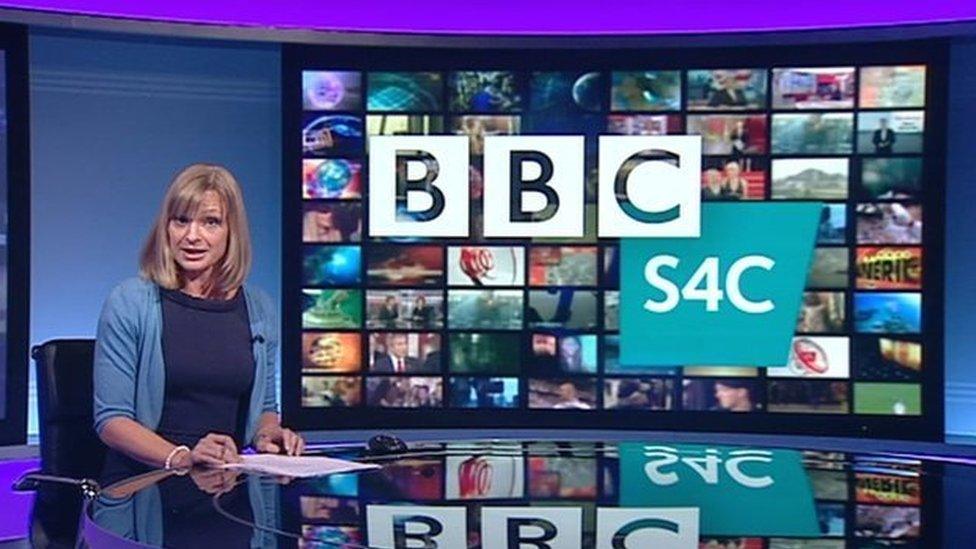
- Published20 March 2017
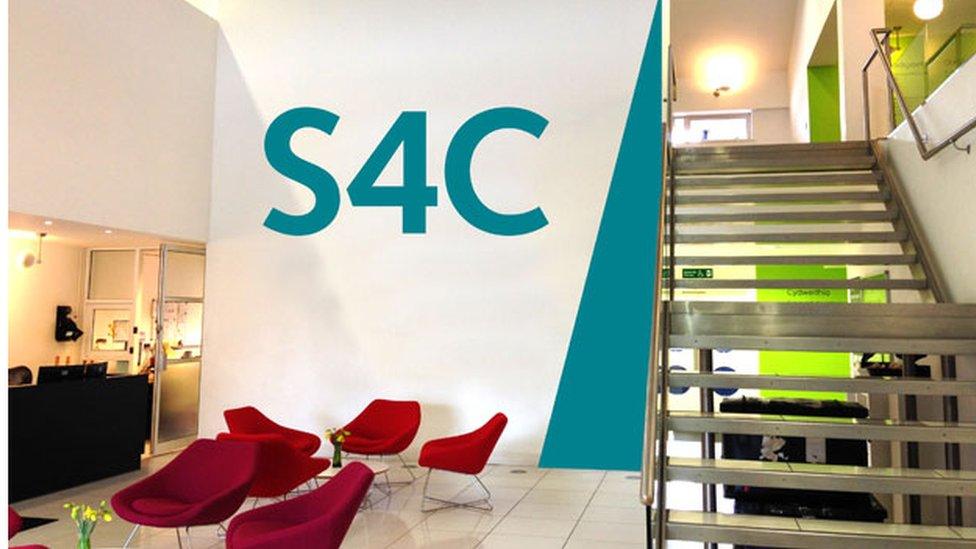
- Published30 January 2017

- Published28 February 2018
